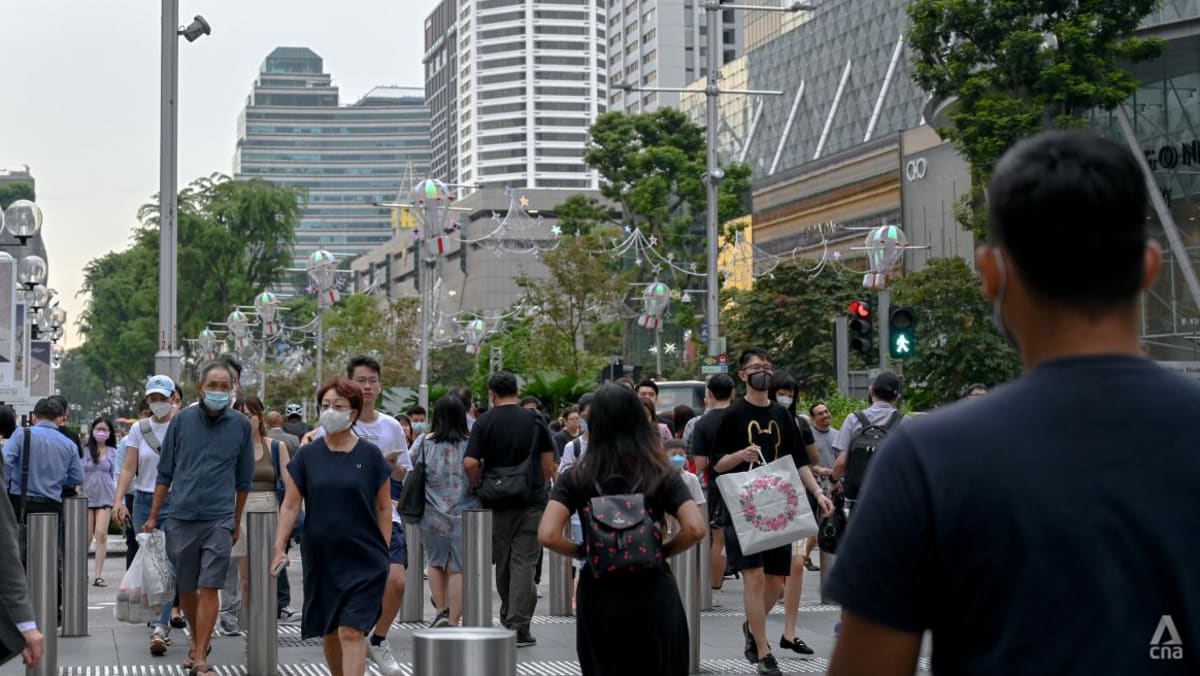They also found age to be a significant factor in predicting relative deprivation score. The age group of between 35 and 49 had the lowest average score, while the age group of between 50 and 64 saw the highest average score.
The study included a segment on the attitudes and beliefs on poverty, where it found that a majority of the respondents believed that poverty was due to personal circumstances and personal actions.
Of the respondents, 79.8 per cent felt that those who are poor faced major problems in their lives, while 62.6 per cent felt that the poor lacked the right kind of talents and ability to do well.
Separately, an IPS poll was conducted to find out who Singaporeans thought should be responsible for the provision of needs in society, whether it is the self, government, community, relatives or friends, or businesses.
This study was based on the 40 items or activities considered to be essential in the Household Needs Study, but omitted one item – tuition provided by self-help groups or community organisations – as this inherently implied that the community is the provider.
More than half of the 2,424 respondents here felt that the individual needed to be primarily responsible for items related to social participation and leisure.
They also had a higher tendency to feel that the government should provide healthcare and childcare-related items.
When asked where government funding should come from, most respondents – 58 per cent – indicated that it should be reallocated from government spending in other areas, with a higher proportion pointing at arts and culture as a source.
A smaller proportion of respondents felt that funds should come from higher taxes, both higher taxes and reallocation of government spending, or from other avenues.
HOW FINDINGS CAN BE APPLIED
The authors said that by highlighting findings, especially on where respondents are deprived, they hoped to “facilitate a cultural shift” in which all involved could consider their roles in ensuring Singaporeans can achieve what they need in a sustainable manner.
Prof Straughan likened the findings to a “snapshot state of inequality” in Singapore.
She noted that the study showed different avenues through which Singaporeans could be helped, apart from them having higher incomes.
“And it’s very powerful, because now if we want to address inequality, it’s not just an income number game,” she said.
“Income is still important, we’re not saying it’s not. But what we are saying is, in order to give us more to go on, more avenues to help, and more people to come on board as helpers – because they can see where they can be of assistance – these items are now rendered visible.”
Referring to those who lacked savings, Prof Straughan said: “As a university, for example, when I look at that I will say, what this tells us is that financial literacy is very important. It’s a skill set that we need to impart.
“So that even if you don’t have that much money … if you have strong financial literacy or the appreciation of how to save, that’s a good start.”

